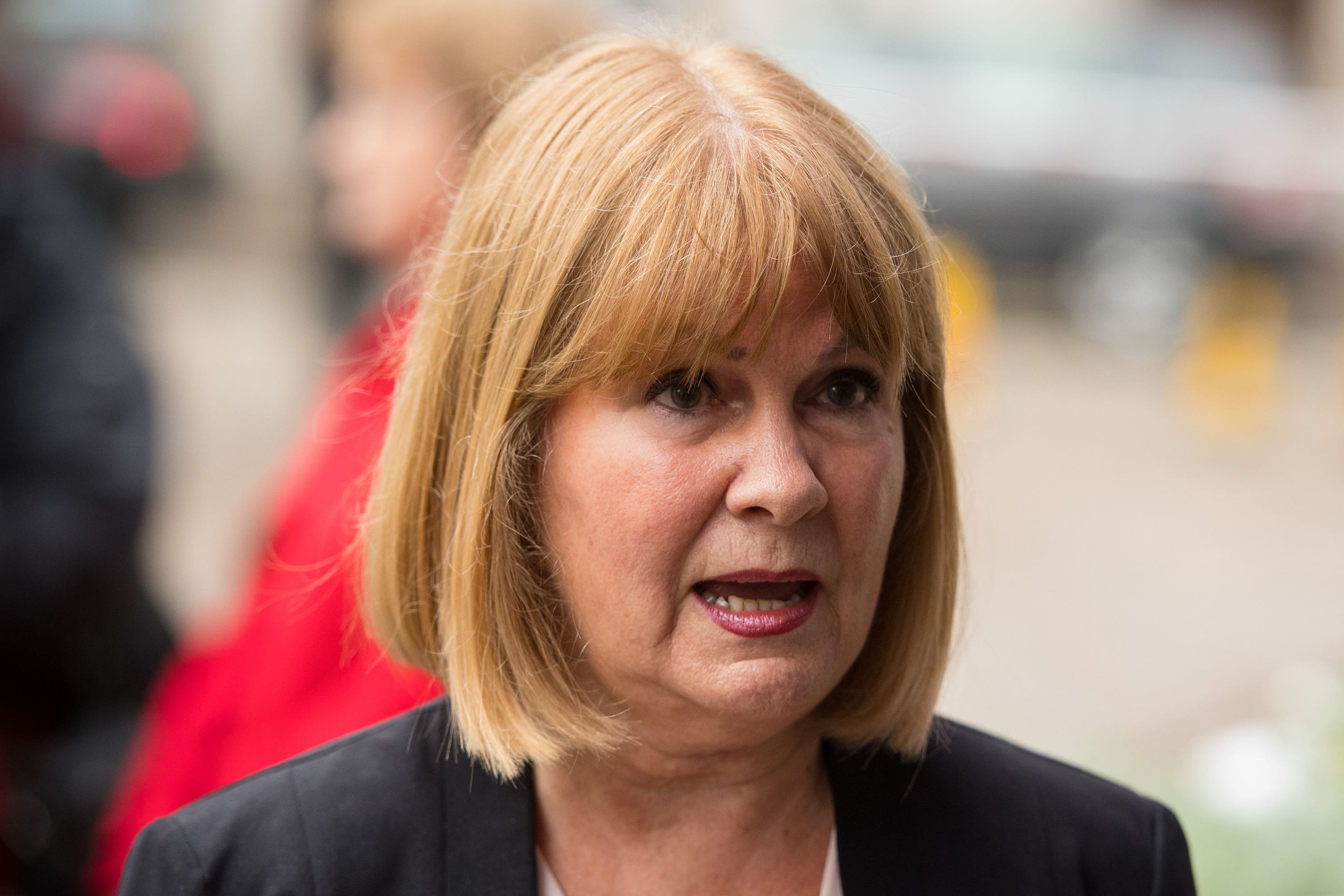Women’s health campaigner honoured for improving patient safety
Marie Lyon is chair of the Association for Children Damaged by Hormone Pregnancy Tests.

Your support helps us to tell the story
From reproductive rights to climate change to Big Tech, The Independent is on the ground when the story is developing. Whether it's investigating the financials of Elon Musk's pro-Trump PAC or producing our latest documentary, 'The A Word', which shines a light on the American women fighting for reproductive rights, we know how important it is to parse out the facts from the messaging.
At such a critical moment in US history, we need reporters on the ground. Your donation allows us to keep sending journalists to speak to both sides of the story.
The Independent is trusted by Americans across the entire political spectrum. And unlike many other quality news outlets, we choose not to lock Americans out of our reporting and analysis with paywalls. We believe quality journalism should be available to everyone, paid for by those who can afford it.
Your support makes all the difference.Families affected by hormone pregnancy tests have been “recognised as having suffered an injustice” a leading campaigner has said as she was given an award in the King’s Birthday Honours.
Marie Lyon, chairwoman of the Association For Children Damaged by Hormone Pregnancy Tests, has been campaigning for decades for justice for people affected by hormone pregnancy tests, including Primodos.
The 77-year-old has been awarded the British Empire Medal (BEM) for “advocating for scientific research and improving patient safety for women”.
She said she was accepting the award on behalf of members of the association and that the medal is “recognition of what has happened”.
The tests were given to more than a million women from 1958 to 1978, but Ms Lyon said many were never told of the risks and were instructed to take the drug – which is 40 times the strength of an oral contraceptive pill – by their GPs as a way of finding out whether or not they were pregnant.
Hormone pregnancy tests were withdrawn from the market in the late 1970s and manufacturers have faced claims that such tests led to a number of adverse outcomes including birth defects and miscarriages.
“The fact is that our families have been recognised as having suffered an injustice. I do feel it’s in recognition of what has happened,” she told the PA news agency.
Ms Lyon herself took a hormone pregnancy test in 1970 – her daughter Sarah was born with a severe limb deformity where half of her arm was missing just below the elbow.
She joined the association in 1978 and has been chairwoman since 2012.
Ms Lyon, from Wigan, told PA: “In 1970, I went to my GP and said: ‘I think I’m pregnant, I hope I am’. And he said: ‘Oh, well, we can soon find out about that. Just take these two tablets’.
“I expected either an examination or a urine test and they were never mentioned. It was my first child so I just thought: ‘This must be the way that you do it now’. So I did take them and I didn’t think anything about it.
“When Sarah was born in the October, her left arm below the elbow was missing, and I was just told, ‘this happens sometimes, don’t worry about it’.”
When Sarah was eight, Ms Lyon received a phone call asking if she would join the association.
“That is when I found out the tablets contained 40 times the strength of an oral contraceptive,” she said.
“I felt guilt straight away, and thought: ‘Why the heck didn’t I ask’? and ‘If only had gone to a different doctor’.
“I joined the association when it started in 1978 and we literally went round with tin cans to try and raise funds.”
Campaigning efforts led to a report by the Commission on Human Medicines’ Expert Working Group in 2017, but the report was dubbed a “whitewash” after it concluded that the available scientific evidence at the time did not support “causal association” between the tests and birth defects.
But a subsequent 2018 review, led by experts at the University of Oxford, concluded that the “use of oral hormone pregnancy tests in pregnancy is associated with increased risks of congenital malformations”.
Despite this, families affected by hormone pregnancy tests were omitted from an important review by the Patient Safety Commissioner about redress for victims of health scandals, which was published earlier this year.
Dr Henrietta Hughes wanted to include patients who had suffered “avoidable harm” as a result of hormone pregnancy tests in her review but was told by the Department of Health and Social Care (DHSC) they would not be included.
The association, which represents around 400 families, is continuing its fight for justice.
“Many, many times, the blows have come thick and fast, and I know so many people say: ‘give it up. There’s no point. Just let it go’,” Ms Lyon said.
“Well, how can I? It’s not just the safety of our families, it’s the safety of women in the future.”
On getting the award, she added: “I was stunned. I just didn’t think that this would ever come to me. I was absolutely, totally thrilled.
“I am happy to accept on behalf of our incredible families.”